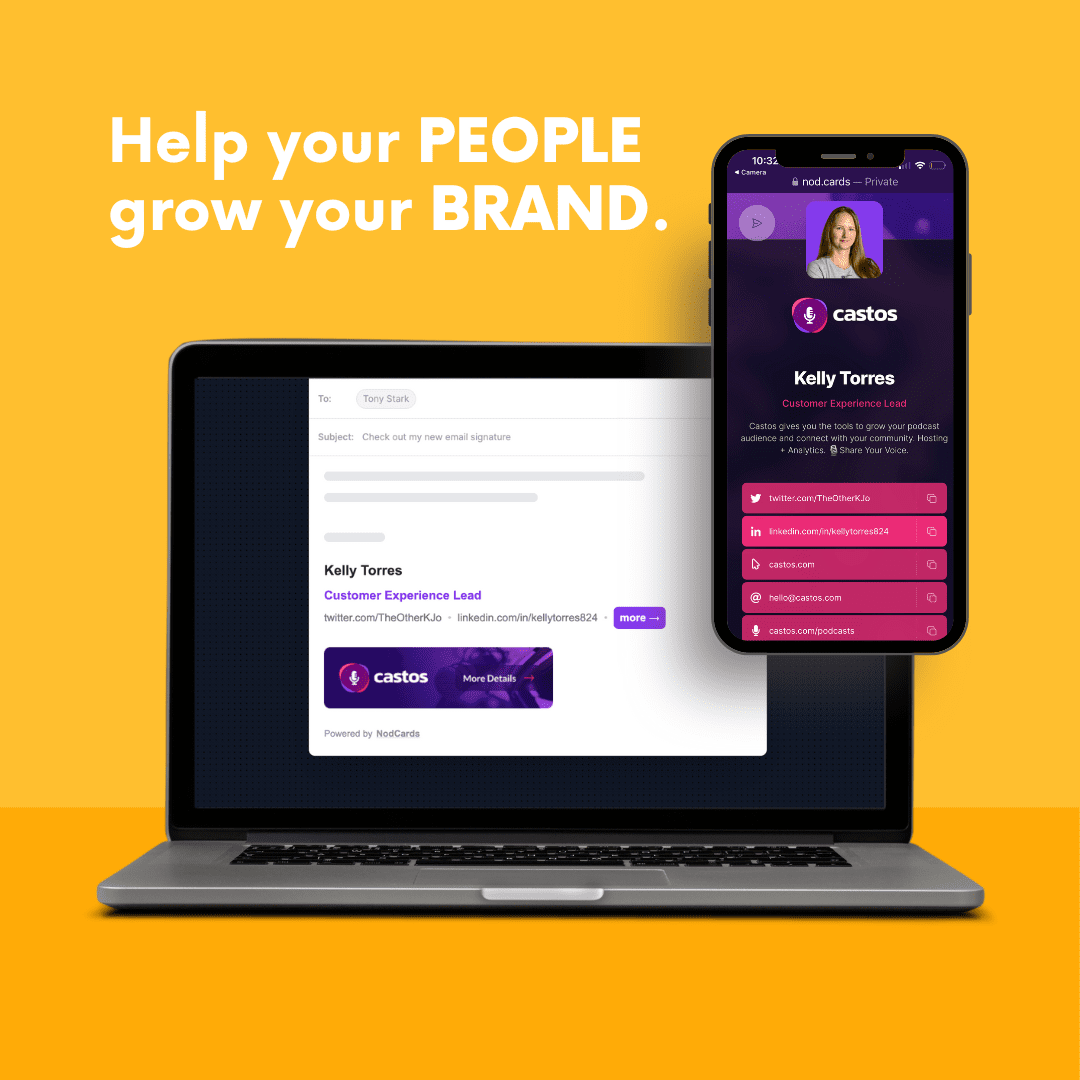
The Human Element
As humans, we are naturally wired to connect with other humans. It's in our DNA. According to a study by Harvard Business Review, human connection is a fundamental psychological need. When we interact with others, whether in person or online, we look for commonalities, shared experiences, and relatable stories. This innate tendency to connect with people forms the foundation of personal branding1.
Trust and Relatability
When customers see a face behind a brand, it humanizes the company. It makes it easier for people to trust and relate to the brand because they can put a face to the name. Trust is a crucial factor in any business relationship, and personal branding helps build that trust. According to the 2020 Edelman Trust Barometer, 81% of respondents said that they need to trust a brand before they buy from it2.
Storytelling and Emotion
One of the most powerful aspects of personal branding is storytelling. People love stories. They are drawn to narratives that evoke emotions and resonate with their own experiences. Personal branding allows individuals to share their stories, creating a deeper emotional connection with their audience. According to a study by the Content Marketing Institute, 68% of consumers feel more positive about a brand after consuming content from it3.
Authenticity Sells
In a world inundated with marketing messages, authenticity is a rare gem. Personal branding encourages individuals to be themselves, to be authentic. When you are genuine and true to yourself, people are more likely to trust you and your brand. They can sense when someone is being authentic, and they appreciate it. A survey by Stackla found that 86% of consumers say authenticity is a key factor when deciding what brands they like and support4.
Building Authority
Another key aspect of personal branding is establishing authority in your field. When you consistently share valuable insights, expertise, and knowledge, you position yourself as an authority figure. People naturally gravitate towards experts and are more likely to seek your products or services when they perceive you as a knowledgeable source. According to a study by LinkedIn, 55% of decision-makers say they use thought leadership to vet organizations5.
The Logo Isn't Enough
While a well-designed logo is undoubtedly essential for brand recognition, it's not enough to build strong, lasting connections with your audience. Logos represent companies, but personal branding represents individuals within those companies. It's the people who make the brand come to life.
Build Your Brand with Your People

Employee Branding That Grows Your Business
Whether you are just starting out or already established with great customers, NodCards unifies your small business brand for every member of your team across web, mobile, email, search and social. Build instant trust with customers, get seen on search and social media, and turn your emails into slick sales pitches – all from one platform!
Harvard Business Review, "The Neuroscience of Trust," https://hbr.org/2017/01/the-neuroscience-of-trust↩
Edelman, "2020 Edelman Trust Barometer," https://www.edelman.com/sites/g/files/aatuss191/files/2020-01/2020%20Edelman%20Trust%20Barometer%20Global%20Report%20-%20January%2015.pdf↩
Content Marketing Institute, "B2C Content Marketing 2020: Benchmarks, Budgets, and Trends," https://contentmarketinginstitute.com/wp-content/uploads/2019/10/2020_B2C_Research_Final.pdf↩
Stackla, "Consumer Content Report: Influence in the Digital Age," https://www.stackla.com/resources/consumer-content-report-influence-in-the-digital-age/↩
LinkedIn, "The Sophisticated Marketer's Guide to Thought Leadership," https://business.linkedin.com/marketing-solutions/thought-leadership/guide↩

